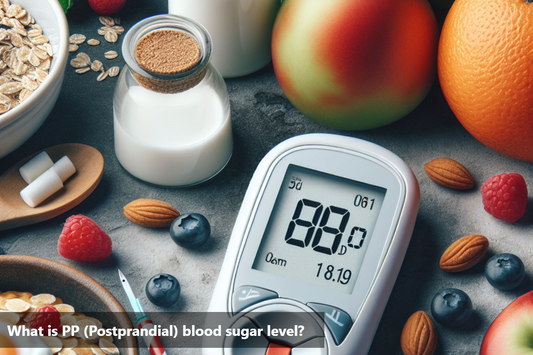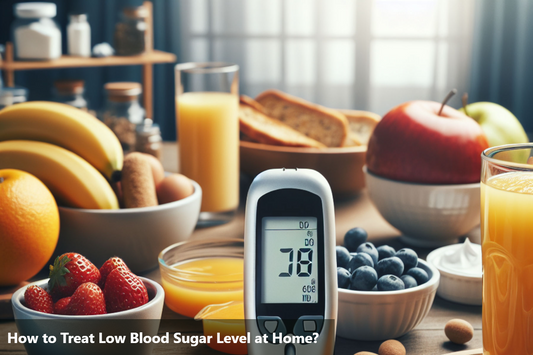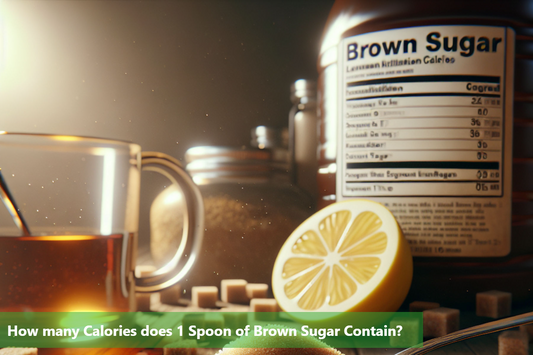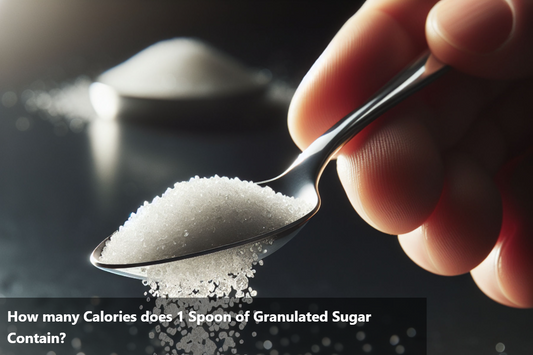Its well known that managing blood sugar levels is crucial for those with diabetes, and one of the key elements in this journey is a well-thought-out diet. When it comes to crafting a diabetic-friendly meal plan, the choice of fruits plays a significant role.
Fruits can also be a fantastic addition to a diabetic meal plan. Rich in essential vitamins, minerals, and fiber, they offer a plethora of health benefits. From aiding digestion to boosting immunity, fruits are a powerhouse of nutrients that can support overall well-being.
By including the right fruits in your diet, you can experience improved blood sugar control and enhanced overall health.
Best Fruits for Diabetics
When it comes to managing diabetes through diet, incorporating the right fruits can make a significant difference.
Berries: Berries such as strawberries, blueberries, and raspberries are rich in antioxidants, vitamins, and fiber. They have a lower glycemic index, which means they have a smaller impact on blood sugar levels.
Apples: A widely available and versatile fruit, apples are a great choice for diabetics. They are high in fiber and various vitamins, while also being low in calories.
Citrus Fruits: Oranges, grapefruits, and lemons are citrus fruits that are packed with vitamin C and fiber. They are known to have a minimal effect on blood sugar levels.
Cherries: Cherries, particularly tart cherries, are rich in antioxidants and may help reduce inflammation. They are a good option for satisfying sweet cravings in a diabetic-friendly way.
Pears: Pears are high in fiber and essential nutrients like vitamin C and potassium. They are also lower in carbohydrates compared to some other fruits.
By including these fruits in your diabetic meal plan, you can enjoy a variety of flavors while keeping your blood sugar levels in check.
Fruits to Consume in Moderation
When it comes to selecting fruits for diabetic individuals, it's crucial to consider their impact on blood sugar levels. While fruits are generally healthy, some varieties contain higher levels of natural sugars and carbohydrates that can lead to spikes in blood sugar if consumed in excess. This is why it's important to consume certain fruits in moderation to maintain stable blood glucose levels.
Bananas are a popular fruit choice, but due to their natural sweetness and carbohydrate content, they should be enjoyed in moderation by individuals with diabetes.
Grapes, another sweet fruit, fall into the same category and are best consumed in limited quantities to avoid sudden blood sugar spikes.
Similarly, mangoes, despite their delicious flavor, are relatively high in sugar and should be included in a diabetic meal plan with caution.
It's essential for diabetic individuals to be mindful of their fruit consumption and focus on portion control when enjoying fruits that are higher in natural sugars. By balancing these fruits with lower glycemic options and incorporating them into a well-rounded meal plan, individuals with diabetes can still enjoy a variety of fruits while managing their blood sugar levels effectively.
Fruits to Avoid
Dried fruits and fruit juices are often considered risky choices for individuals with diabetes due to their concentrated sugar content. While they may seem like convenient and healthy options, they can lead to significant spikes in blood sugar levels.
When it comes to fruits to avoid for diabetic patients, dried fruits like raisins, dates, and figs should be consumed sparingly. These fruits have concentrated sugars and can elevate blood glucose levels rapidly, posing challenges in managing diabetes effectively.
Similarly, fruit juices, even those labeled as "100% juice," can pack a high amount of sugar without the beneficial fiber that whole fruits provide. It's easy to consume a large quantity of fruit juice quickly, resulting in a sudden increase in blood sugar levels.
If you're looking for healthier alternatives, consider replacing dried fruits and fruit juices with fresh fruits like berries, apples, and citrus fruits. These options are lower in sugar, higher in fiber, and have a slower impact on blood glucose levels, making them more suitable choices for individuals managing diabetes.
Are Canned Fruits Good or Bad for Diabetes?
Canned fruits can be convenient, but they may not be the best choice for individuals with diabetes. Fresh fruits are generally preferred over canned fruits because they have a lower glycemic index and are less likely to contain added sugars or syrups that can spike blood sugar levels.
If you have diabetes, it's recommended to opt for fresh fruits whenever possible to better manage your blood sugar levels and overall health.
Navigating fruits with Diabetes
Fruits are important for managing diabetes by controlling blood sugar levels and providing essential nutrients. Ideal fruits for diabetics include berries, apples, and citrus fruits due to their low glycemic index and high fiber content.
Remember, moderation is key when consuming fruits with higher natural sugars like bananas, grapes, and mangoes to avoid blood sugar spikes.
Choose fresh fruits over dried fruits and juices to maintain stable blood sugar levels.
Prioritize recommended fruits in moderation and avoid high-sugar fruits to enhance overall well-being and effectively manage diabetes.
This Blog post is an initiative by DiabeSmart, to provide accurate and Nutritionist / Doctor approved information related to Diabetes. DiabeSmart is India's first Food brand designed specifically for Diabetics, that has been clinically tested on Diabetics and Pre-Diabetics to deliver 55% - 70% lower Sugar spikes. DiabeSmart is part of Lo! Foods - India's leading brand for Everyday Functional Health foods.







